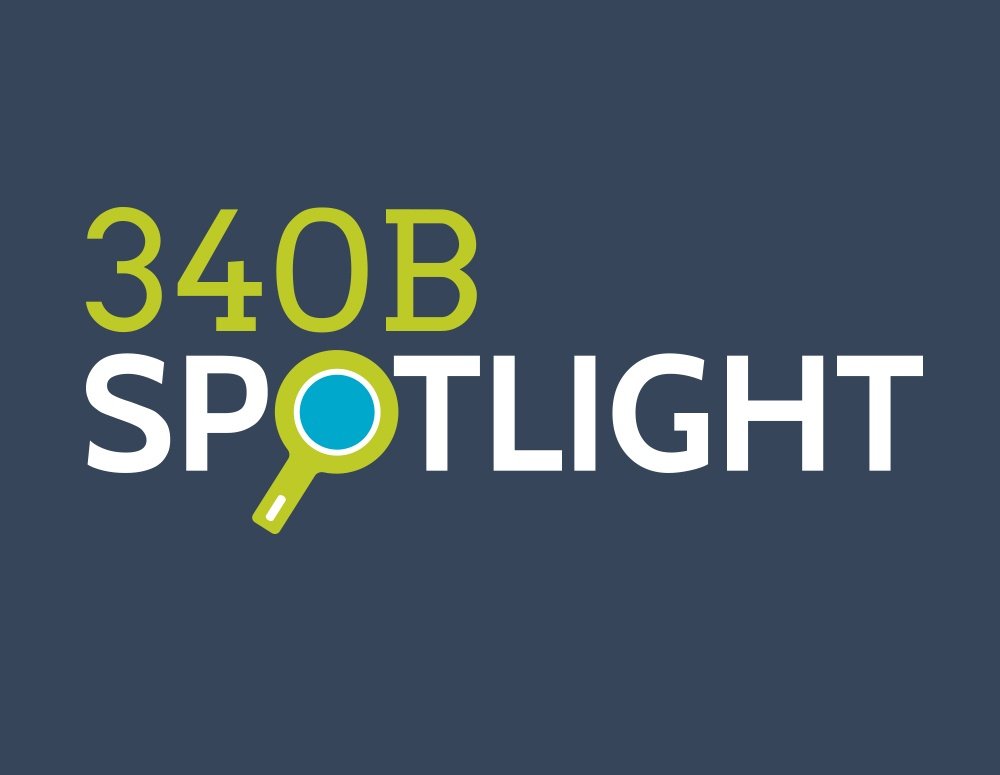340B Spotlight: Audit findings show importance of increased oversight of 340B program
HRSA audit findings show importance of increased oversight of 340B program

340B Spotlight: Audit findings show importance of increased oversight of 340B program.
HRSA audit findings show importance of increased oversight of 340B program

340B Spotlight: Audit findings show importance of increased oversight of 340B program.

The 340B Drug Discount Program is an important component of the health care safety net, providing help to vulnerable or uninsured patients. However, with great power comes great responsibility, and ensuring the program is sustainable and directly benefits vulnerable or uninsured patients, while certifying that program requirements are being met, is crucial.
In 2012, as part of agency wide efforts to improve program integrity, the Health Resources and Services Administration (HRSA) began audits of covered entities, such as DSH hospitals, that participate in the program. While HRSA’s auditors focus on several types of compliance issues, two of the problems that are both most common and have the most significant consequences for the program’s operation are diversion and duplicate discounts, neither of which is permitted under the 340B program.
Recent audit findings published by HRSA show that the program’s integrity leaves much to be desired, specifically as evidenced by audit results of DSH hospital participants. The FY 2016 data show most audited DSH hospitals were noncompliant in at least one area and many in multiple areas. HRSA’s FY 2016 data show more than 3 in 4 (76 percent) DSH hospitals audited had at least one adverse finding and more than 2 in 5 (41 percent) had multiple adverse findings. In fact, more than 60 percent of the DSH hospitals audited had incidents of diversion, while nearly a quarter of the DSH hospitals audited had incidents of duplicate discounts.
A recent paper from the Berkeley Research Group shows that the 340B program has more than doubled in size from 2010 to 2015 and expanded by 66 percent between 2013 and 2015. The paper also predicts that exponential growth will continue for at least the next five years. Given the increasing size of the program, ensuring entities are compliant with its rules is of the utmost importance. 340B is an important program when it’s used to help uninsured or vulnerable patients, but the 2016 audit results show that the program continues to grow without appropriate standards and oversight.
Without meaningful reform, the 340B program is expected to continue to grow at an alarming rate and further impact the market. Learn more about the 340B program at PhRMA.org/340B.